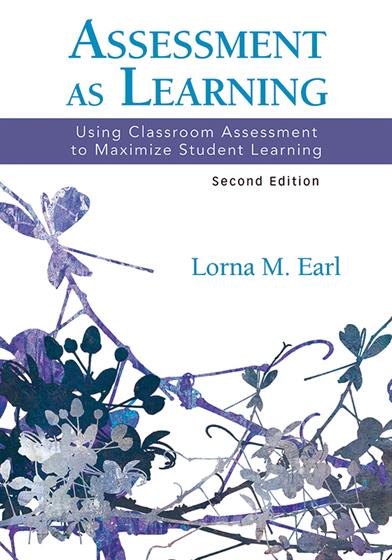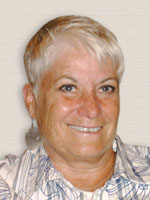About the Author
Acknowledgments
1. The Promise and the Challenge of Classroom Assessment
Why This Book?
How the Educational World has Changed
The Power of Classroom Assessment
What is This Book About?
The Case of "Understanding Learning and Assessment"
Using This Book
Ideas for Follow Up
2. Situating Assessment Changes
A Brief History of Assessment
Looking for Change in all the Wrong Places
Rethinking Assessment for Real Change
Purpose is Everything
Classroom Assessment and Large-Scale Reform
Taking Up the Challenge
Ideas for Follow Up
3. Assessment of Learning, for Learning, and as Learning
Assessment of Learning
Assessment for Learning
Assessment as Learning
Getting the Balance Right
Ideas for Follow Up
4. Spotlight on Learning
Learning Makes Us Human
How People Learn
Learning for Understanding
Learning is Hard Work
Learning Happens in Context
Ideas for Follow Up
5. Assessment and Learning
How Does Classroom Assessment Contribute to Learning?
Assessment as an Integral part of Teaching and Learning
Realizing the Power of Assessment to Optimize Learning
Ideas for Follow Up
6. Using Assessment to Identify What They "Believe to Be True"
"The Case of the Pool Table"
Start With What They Believe to be True
"The Case of the Blog"
Ideas for Follow Up
7. Using Assessment to Motivate Learning
Assessment That Motivates
Relevant Assessment
Imaginative Assessment
Assessment that Scaffolds Learning
"The Case of Othello"
Assessment to Reverse Socialization
Ideas for Follow Up
8. Using Assessment to Make Connections
Curriculum as Visible Targets for Learning
Plan Learning, Plan Assessment, and Expect the Unexpected
"The Case of Planned Literacy"
Differentiation
Ideas for Follow Up
9. Using Assessment to Extend Learning
Feedback for Learning
Rubrics and Exemplars as Tools
"The Case of the Brass Band"
Ideas, Connections, and Extensions (ICE)
Ideas for Follow Up
10. Using Assessment for Reflection and Self-Regulation
"The Case of Jojo"
Students as Their Own Best Assessors
Developing Self-Regulating Habits of Mind
"The Case of Choices"
Ideas for Follow Up
11. Getting to Assessment for Optimum Learning
It's About Learning, and It's About Time
Getting to the Spirit of AFL Requires Conceptual Change
Think About What You Believe to be True
Learn About Learning
Know Your Subject
Be an Expert Teacher
Work Together in Collaborative Inquiry
Don't Give Up, But be Gentile With Yourself
Self-Regulation for You Too
Get the Support You Need
Put it All Together
References
Index



